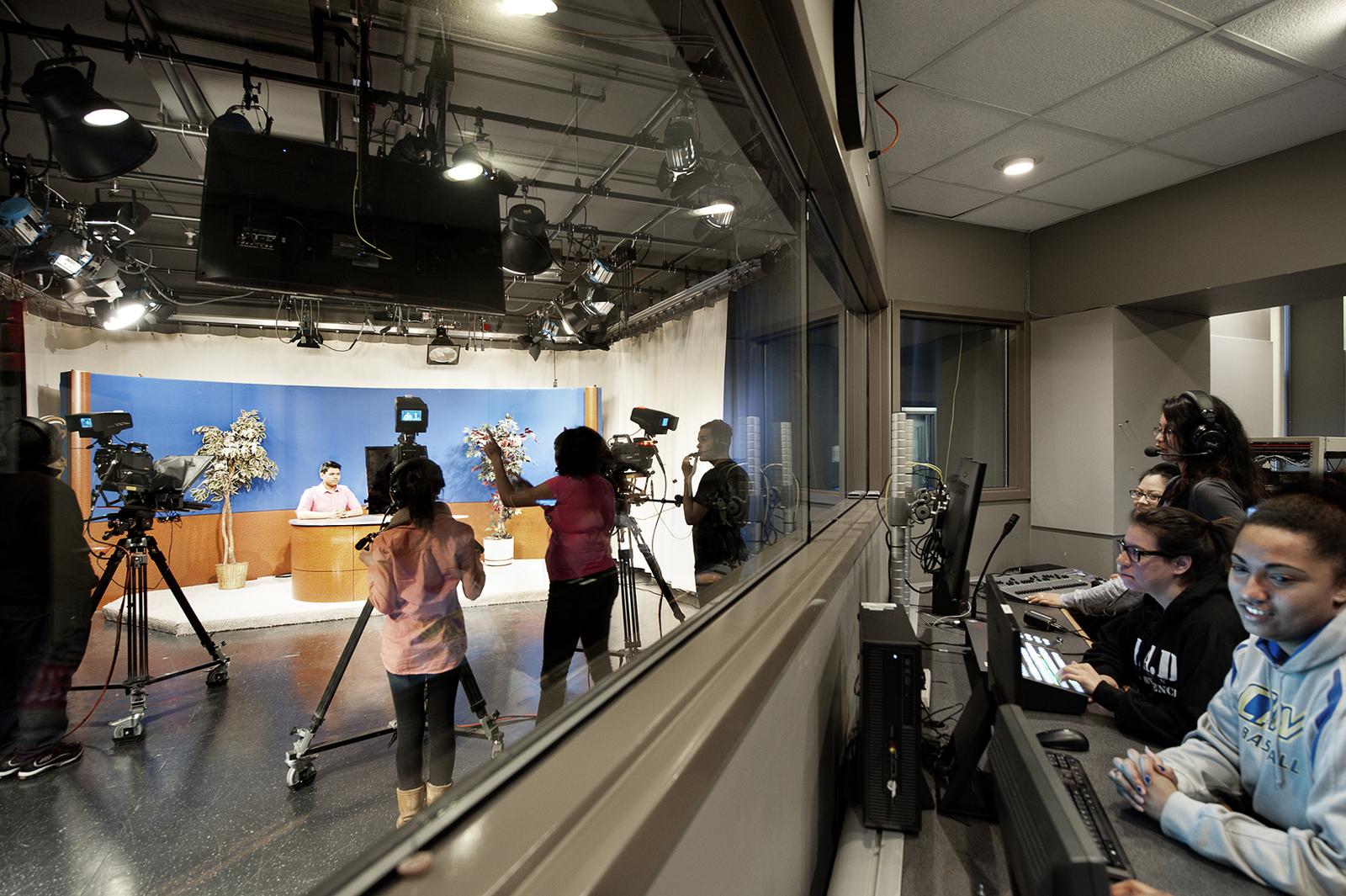We Asked for It - Commentary
Michael W. Clune, professor of English at Case Western Reserve University and author of A Defense of Judgment, writes
Over the past 10 years, I have watched in horror as academe set itself up for the existential crisis that has now arrived. Starting around 2014, many disciplines — including my own, English — changed their mission. Professors began to see the traditional values and methods of their fields — such as the careful weighing of evidence and the commitment to shared standards of reasoned argument — as complicit in histories of oppression. As a result, many professors and fields began to reframe their work as a kind of political activism. In reading articles and book manuscripts for peer review, or in reviewing files when conducting faculty job searches, I found that nearly every scholar now justifies their work in political terms. This interpretation of a novel or poem, that historical intervention, is valuable because it will contribute to the achievement of progressive political goals. Nor was this change limited to the humanities. Venerable scientific journals — such as Nature — now explicitly endorse political candidates; computer-science and math departments present their work as advancing social justice. Claims in academic arguments are routinely judged in terms of their likely political effects.

